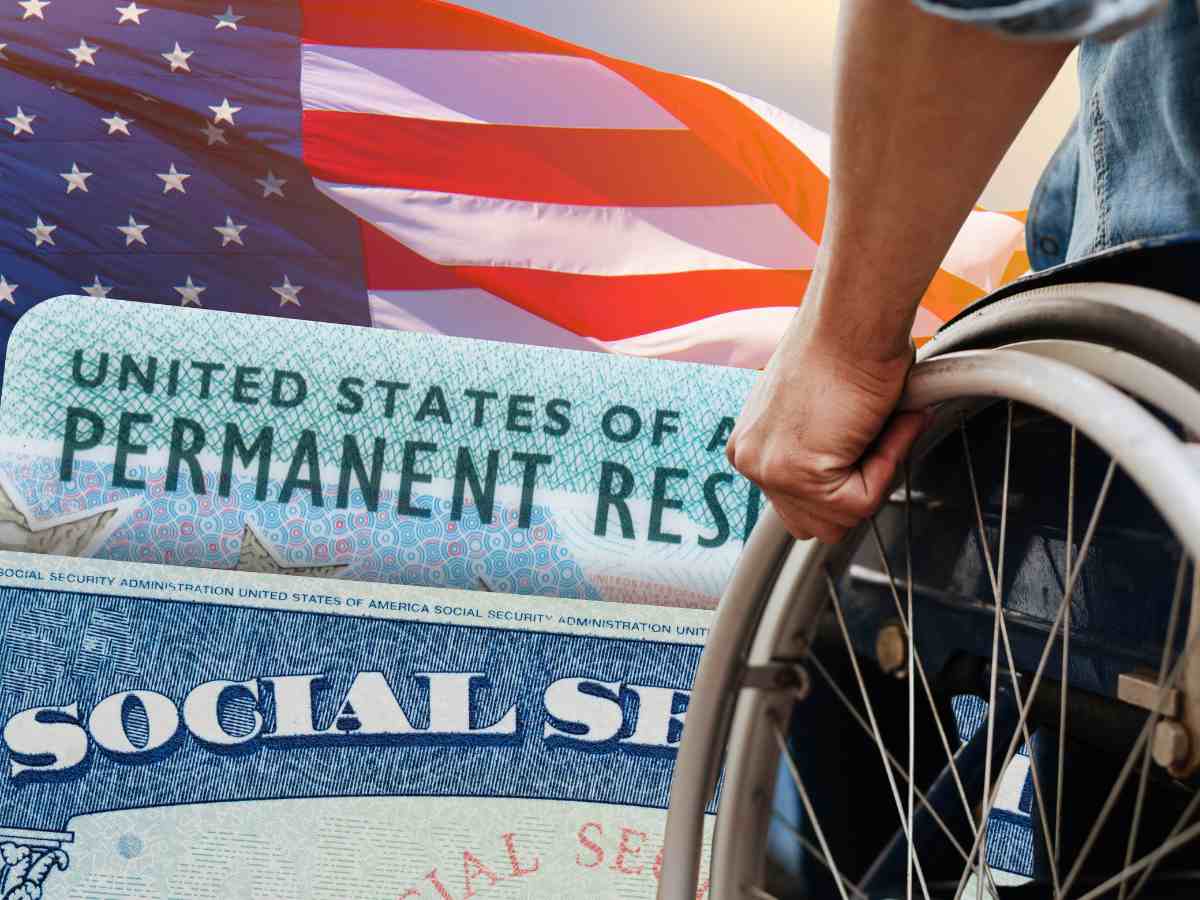If you are on SSDI benefits, it is because you have paid enough payroll taxes to Social Security and because you have a qualifying disability. This disability must meet SSA’s strict definition and you must also remain eligible. Any health improvement must be notified to the Administration. As for the payday, the Agency has also set some requirements.
Do not forget that this payment will not be for those who got Disability Insurance benefits before May 1997. If you are on Supplemental Security Income, popularly known as SSI, you will not qualify for the April 16 payment either. So, make sure you were born on one of the days the Social Security Administration authorized recipients to get this payment.
SSDI on April 16 & the birthday requirement
If you were born from the 11th to the 20th, and you got Disability Insurance benefits after April 30, 1997, this will be your payday. It does not really matter the month or year you were born. Social Security arranges paydays according to the day of your birthday.
- Social Security Disability Insurance recipient born from 1-10: payment arrived on April 9
- Social Security Disability Insurance recipient born from 11-20: payment arrived on April 16
- Social Security Disability Insurance recipient born from 21-31: payment arrived on April 23
Hence, if you started collecting Social Security Disability Insurance before May 1997, you should know that the next payday will be on May 2, 2025. It is often sent on the third day of the month, unless it falls on the weekend or on a holiday. However, as May 3 is Saturday, it will be delivered on the previous working day, May 2.
SSDI payment amounts
As a matter of fact, The Social Security Administration has confirmed that the next SSDI payment amount will be about $1,580 on average. This is the latest update on average payments for Disability Insurance benefits in the United States.
The amount of money you can receive from the Administration will depend on different factors:
- the earlier you file for disability benefits, the lower your monthly payment may be
- the higher your wage and the more payroll taxes you pay to SSA, the more money you will receive
- the number of years you work matters
- the age you apply for Social Security Disability Insurance affectsthe amounts
Therefore, it is not possible for many Disability Insurance recipients to collect more money from Social Security because of their disability. Since this medical condition can reduce their chances of filing at Full Retirement Age, benefits tend to be lower than those for retirees. For your information, retired workers get $1,980 on average vs the $1,580 for SSDI.
The maximum amount of money an SSDI recipient can collect is $4,018. This is unlikely because a disability can prevent you from working at an early age. So, average payments may be more realistic.







